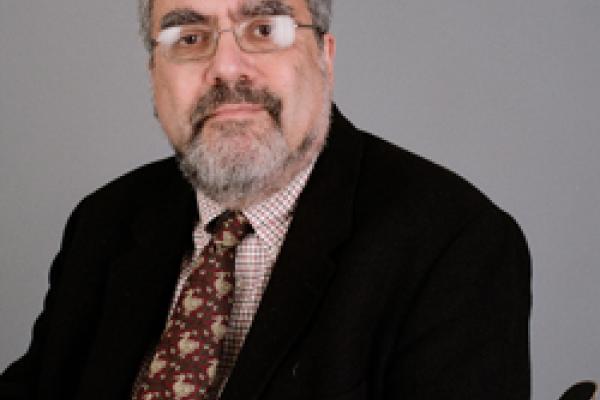
Anthony Grafton is Henry Putnam University Professor of History at Princeton University. His field is Renaissance and Reformation and Historiography.
Professor Grafton’s special interests lie in the cultural history of Renaissance Europe, the history of books and readers, the history of scholarship and education in the West from Antiquity to the 19th century, and the history of science from Antiquity to the Renaissance.
Professor Grafton likes to see the past through the eyes of influential and original writers, and has accordingly written intellectual biographies of a 15th-century Italian humanist, architect, and town planner, Leon Battista Alberti (Leon Battista Alberti: Master Builder of the Italian Renaissance, Harvery University Press, 2002); and a 16th-century Italian astrologer and medical man, Girolamo Cardano (Cardano’s Cosmos: The Worlds and Works of a Renaissance Astrologer, Harvard University Press, 2000). He also studies the long-term history of scholarly practices, such as forgery and the citation of sources, and has worked on many other topics in cultural and intellectual history.
Professor Grafton is the author of ten books and the coauthor, editor, coeditor, or translator of nine others. His latest collection of essays is Bring Out Your Dead: The Past as Revelation (Harvard University Press, 2002). He has been the recipient of a Guggenheim Fellowship (1989), the Los Angeles Times Book Prize (1993), the Balzan Prize for History of Humanities (2002), and the Mellon Foundation’s Distinguished Achievement Award (2003), and is a member of the American Philosophical Society and the British Academy.
Professor Grafton’s current project is a large-scale study of the science of chronology in 16th- and 17th-century Europe: how scholars attempted to assign dates to past events, reconstruct ancient calendars, and reconcile the Bible with competing accounts of the past. He hopes to reconstruct the complex and dramatic process by which the biblical regime of historical time collapsed, concentrating on the first half of the 17th century.
Free and open to the public. Co-sponsored with the Departments of History, History of Art, the Melton Center for Jewish Studies, and the Department of History at Denison University.
This talk is part of the Public Humanities lecture series of the Humanities Institute.
